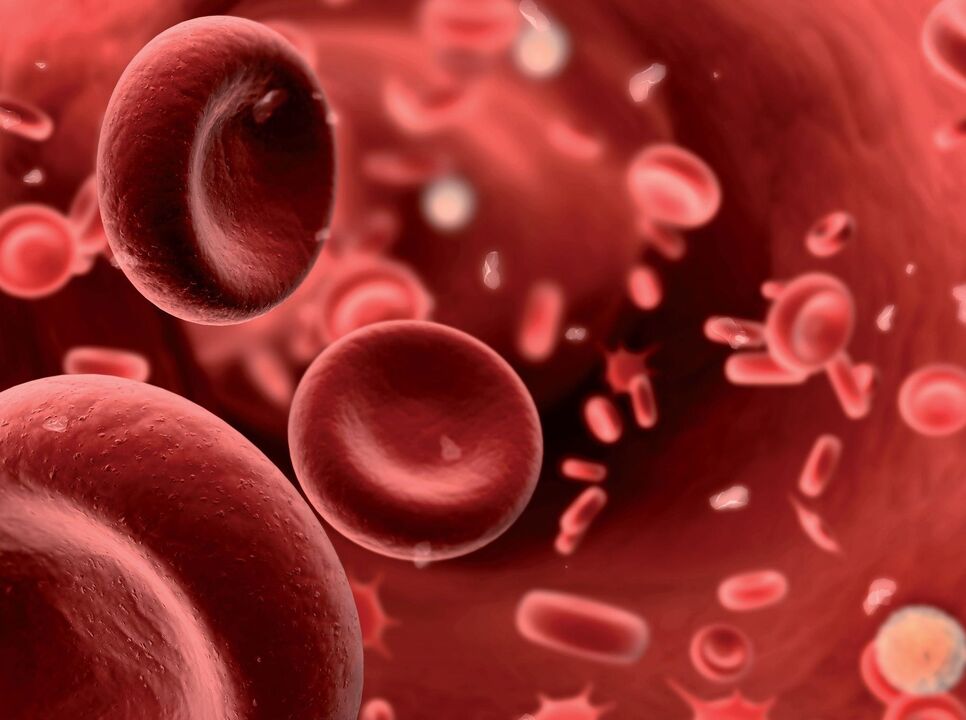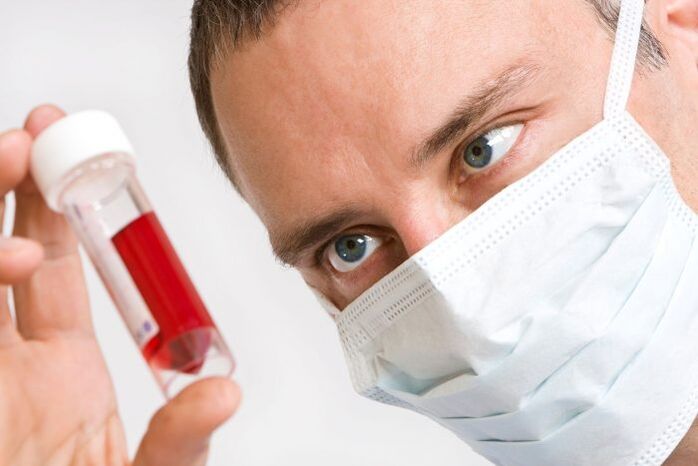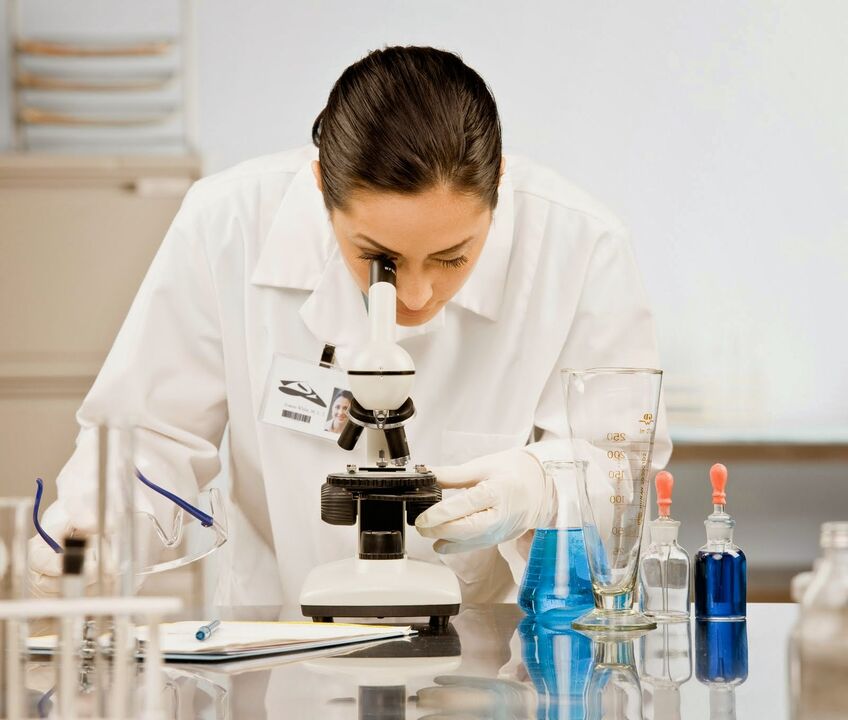There are situations where you have to pass tests, but the person drank. Accordingly, the question arises as to whether it is permissible to drink alcohol before donating blood. First of all, people are interested in what people say about the effects of alcohol on blood tests, not rumors.
Alcohol and blood composition
You should know that alcohol affects all organs and systems of the body because it is immediately absorbed into the blood and changes its composition. This is the main reason why alcohol affects blood tests and changes indicators.
Therefore, if you want to get an accurate result and drink it the day before, you need to think about whether it is possible to donate blood after alcohol, and if possible, postpone blood donation for two or three days. Of course, the effect of alcohol on blood tests may be small, and in some cases the indicators will not change much: much depends on the individual characteristics of the body, the amount of intoxication, the type of analysis. type of alcohol. But it is still better not to take risks: if the analysis is paid, you can lose serious money.

If it is more or less clear with vodka, then when it comes to a low-alcohol drink, you need to understand exactly how drunk the alcohol is before the tests so that the alcoholic can understand whether it is possible to drink beer before taking it. affects the body. To do this, you need to imagine how alcohol affects metabolism and other processes.
Clinical blood test
Alcohol causes dehydration, which causes the blood to thicken. This leads to the fact that the total blood test can show a false increase in the number of leukocytes, erythrocytes, platelets, which changes the amount of water in the blood, not their number.
There may be another picture. For example, excessive alcohol reduces the level of white blood cells in the blood. This is due to the death of immune cells in the fight against toxins, so the number of leukocytes is below normal. The fewer white blood cells there are in the blood, the harder it is for the body to fight infections.

Of course, drinking one or two doses of alcohol does not affect the activity of the immune system. But if a lot of alcohol is consumed, it's a completely different story. If a person feels drunk for a while after drinking, it is a clear indication that the immune system is damaged. With this amount of alcohol, there is a lack of food, which weakens the immune system. And all this is capable of analysis.
Alcohol also has a negative effect on red blood cells: it causes them to stick together. Therefore, clusters of red blood cells often cannot pass into the narrow vessels and block blood flow in the capillaries. This significantly reduces the oxygen supply to the tissues, and the body's cells begin to experience oxygen starvation. This has a negative impact on health status and, accordingly, the analysis.
Biochemical analysis
Alcohol should not be consumed during any blood test, including if it is necessary to analyze the biochemical composition of the plasma. This information is needed by a physician to obtain information about the normal functioning of the kidneys, liver, heart, and other vital organs.
Biochemical blood test results include the study of enzymes, proteins, hormones, electrolytes, glucose, potassium, sodium, chlorine, carbon dioxide and other substances. Excessive or accidental drinking can lead to an imbalance in the acid-base balance and change the level of all indicators, which will affect the results of the analysis.

Alcohol has a negative effect on the cardiovascular system. Therefore, if the doctor prescribes tests aimed at diagnosing his work, the results will be negative. For example, if we talk about how alcohol affects total cholesterol (needed to build brain tissue, nerve cells, hormones), alcohol increases the level in the blood no less than animal fats.
Although the body needs cholesterol, too much of it can cause heart disease because it causes atherosclerosis.
Another type of blood test that is heavily affected by alcohol consumption is liver function tests. Basically, they measure whether the enzymes they produce are out of the norm. After alcohol, their number can be increased or decreased depending on the condition of the liver.
After drinking alcohol, the level of ammonia in the blood increases, which is the end product of protein metabolism. The portal then enters the liver through a vein, where it is converted to urea. Levels of this toxin have a major impact on acid-base balance and brain function. Alcohol increases the amount of this toxin in the blood and poisons the tissues.
Hormones and alcohol
If a person drinks alcohol before taking a blood test for hormones, the result will be invalid. The fact is that hormones are chemicals that control and coordinate the activity of all tissues and organs. Each of them is secreted by a specific gland and, after entering the bloodstream, is directed to the target cell.
For the normal functioning of the hormonal system, the amount of hormones in the blood must always be normal for the tissues to react properly. Alcohol significantly impairs the activity of hormone-producing glands, has a negative impact on health. That is why if a person drinks before donating blood, the hormonal system will be disrupted, which will be reflected in the results of the analysis. Therefore, when answering the question of whether it is possible to drink alcohol before donating blood for hormones, there is no answer.

An example of the effect of alcohol on the hormonal system is its effect on sex hormones. The most important of these are two groups of hormones - androgens and estrogens. These hormones affect sexual maturity, various manifestations of secondary and primary sexual characteristics (hair growth, breast development, menstrual cycle, fertility) in men and women.
Alcohol has a negative effect on all these processes that affect the results of the analysis, and the answer is, is it possible to drink alcohol before donating blood? If you regularly drink alcohol, you often develop impotence and infertility.
alcohol and glucose
If you need to donate blood for sugar (glucose), then you need to know that although it is not a hormone, the other two hormones produced by the pancreas, insulin and glucagon, clearly show whether they work. The fact is that glucose is the main source of energy in the body, so that cells can grow and develop.
Pancreatic hormones, as well as the adrenal and pituitary glands, regulate and maintain blood glucose levels. For example, insulin's job is to deliver glucose to every cell in the body. Its work is especially important for the functioning of the brain, because it does not store glucose, but depends entirely on the blood supply of this substance.

Alcohol disrupts the function of all these glands, so glucose metabolism slows down and its level is below normal. But there can also be a leap in direction. For example, in chronic alcoholics, on the contrary, the level of glucose in the blood increases, which leads to a decrease in the sensitivity of the receptors to insulin.
In any case, abnormal sugar is an alarming sign. That is why if a person donates blood for sugar after drinking alcohol, the doctor may suspect that he has diabetes.
When to take it
Thus, it is clear that a negative blood test for alcohol, which has a negative effect on the functioning of many organs and systems, causes the doctor to sound the alarm. It depends on how long the body needs to work:
- how long has passed since the last dose taken;
- how much the man drank;
- How much do you usually drink?
If you had a bottle of wine, you could donate blood for a general analysis in a day. If it is necessary to undergo biochemical or other tests that require more thorough preparation, it is allowed to come for analysis after three days. If a serious dose of alcohol is taken, it should be tolerated longer before the test. It is better to wait two weeks to get the most accurate information.
























